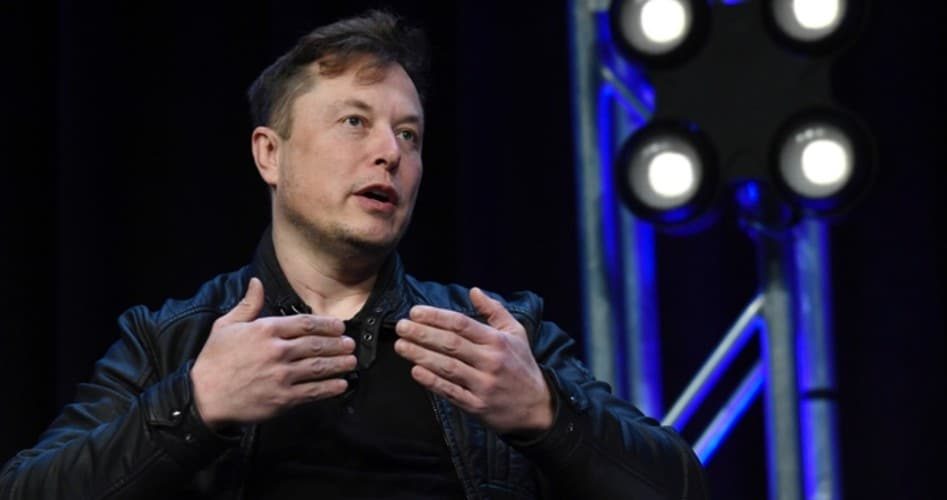
During a question-and-answer portion of the Satellite 2020 conference in Washington on March 9, Elon Musk, the founder of SpaceX and CEO of Tesla, said, “You don’t need college to learn stuff.” He continued, “Everything is available basically for free. You can learn anything you want for free. It is not a question of learning.”
Musk described college as a bunch of “annoying homework assignments.” “I think colleges are basically for fun and to prove you can do your chores, but they’re not for learning,” Musk said, receiving applause from an appreciative audience.
Business Insider cited Musk’s statement that he made sure that Tesla’s recruiting material didn’t state that the company requires a college degree, calling the prerequisite “absurd.”
“But there is a requirement of ‘evidence of exceptional ability.’ I don’t consider going to college evidence of exceptional ability,’ Musk said. ‘In fact, ideally, you dropped out and did something. If you look at like, you know, [Bill] Gates is a pretty smart guy; he dropped out. [Steve] Jobs, pretty smart — he dropped out. Larry Ellison, smart guy — he dropped out. Like, obviously not needed. Did Shakespeare even go to college? Probably not.”
Despite downplaying the importance of a college education, Musk graduated with a Bachelor of Science degree in economics and a Bachelor of Arts degree in physics from the University of Pennsylvania.
In 1995, Musk commenced work on a Ph.D. in energy physics/materials science at Stanford University in California. However, eager to pursue opportunities in the Internet boom, he dropped out after just two days to launch his first company, Zip2 Corporation.
During his early years in the business world, Musk demonstrated exceptional skill as an entrepreneur, founding the online payment company X.com, which merged with Confinity to become PayPal. This venture made him a billionaire.
As was noted in an article in The New American in 2016, however, Musk eventually discovered a more surefire way to business success: “using taxpayer guarantees to help fund his new ventures and reduce his risks while he enjoys the profits if they succeed.”
We also noted:
A current example that has just come to light revolves around his current attempts to influence legislation to help SpaceX, his company that designs, manufacturers, and launches spacecraft. By employing lobbyists to help push through defense spending legislation backed by Senator John McCain (R-Ariz.), Musk has morphed into the preeminent example of a crony capitalist.
More recently, we observed last August that the rapidly escalating cost of college and the disappointing experience of those who completed their education in college “have knocked that model from its long-held perch.” In fact, a study conducted by the Harris Poll showing that almost half (49 percent) of young millennials said their college degree was “very or somewhat unimportant” to their current job. As we noted, “This study seems to indicate that the indomitable American Dream may soon have a new model that looks surprisingly like an older model: well-paid, solvent blue-collar workers whose children may see college as a luxury.”
Warren Mass has served The New American since its launch in 1985 in several capacities, including marketing, editing, and writing. Since retiring from the staff several years ago, he has been a regular contributor to the magazine. Warren writes from Texas and can be reached at [email protected].
Related articles:
Recent Study: Nearly Half of Young Americans See College as Superfluous



